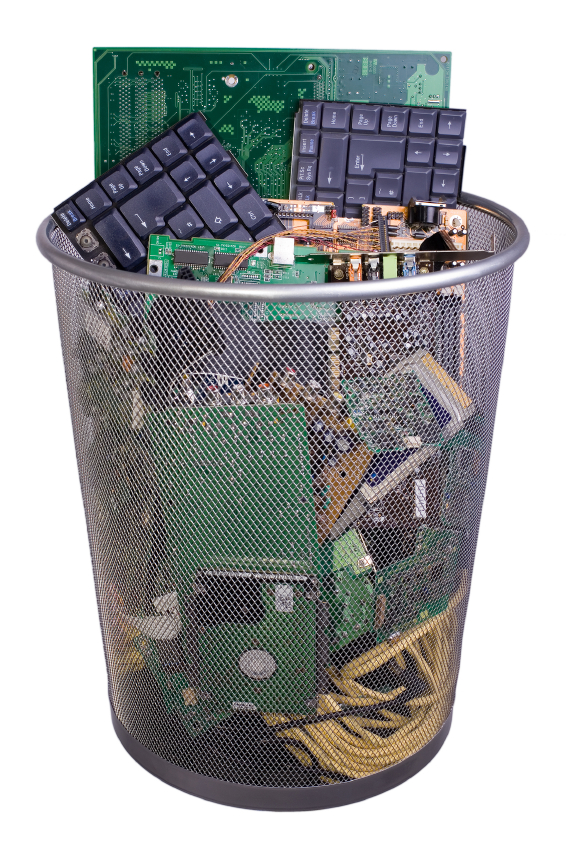The Washington Post finally let through a good op-ed, “Falling Behind On Green Tech,” by John Doerr partner in VC Kleiner Perkins and Jeff Immelt, chairman and CEO of GE.
As I’ve been saying for over a decade now, the U.S. has lost its lead to other countries because conservatives have blocked the policies needed to turn the U.S. historical leadership in inventing new technologies (like solar photovoltaics and compact fluorescent light bulbs) into leadership in manufacturing those technologies (see “Why other countries kick our butt on clean energy: A primer“).
We are clearly not in the lead today. That position is held by China, which understands the importance of controlling its energy future. China’s commitment to developing clean energy technologies and markets is breathtaking.
Consider: Chinese cars are more than one-third more fuel-efficient than U.S. cars. China is investing 10 times as much on clean power, as a percentage of gross domestic product, as the United States is. China is on track to create 150,000 jobs through the deployment of 120 gigawatts of wind power by 2020 – an amount equivalent to today’s global total and nearly five times America’s. As a result, China is already curbing its carbon emissions substantially. This year alone, it will abate almost 350 million tons of CO2, as compared with business as usual. That’s as much as is emitted by Argentina.
Precisely (for more see “China begins transition to a clean-energy economy“).
What is the best response, according to Doerr and Immelt? Passing an aggressive climate and clean energy bill – just as I’ve been saying (see “The only way to win the clean energy race is to pass the clean energy bill“):
Today’s policies stifle American innovation and competitiveness. But good policy can flip this dynamic. Five basic changes are needed:
– Send a long-term signal that low-carbon energy is valuable. We must put a price on carbon and a cap on carbon emissions. No long-term signal means no serious innovation at scale, which means fewer American success stories.
Already in Waxman-Markey, check that one off.
– Get the rules of the road right for utilities. We must make our utilities a driving force for repowering America, driving efficiency through incentives, a renewable electricity standard and a national unified smart grid.
Check.
– Set energy standards that grow steadily stronger. America should strive to have the most efficient buildings, cars and appliances in the world. The savings will land in the pockets of U.S. consumers and businesses.
Check.
– Get serious about funding research, development and deployment, at scale. The federal government currently spends only $2.5 billion on clean-energy R&D a year – 0.25 percent of our annual energy bill. Sen. Jeff Bingaman’s Clean Energy Deployment Administration is a good idea that would be fast and flexible. But more such programs are needed.
Yup, CEDA is in the bill.
– Fulfill President Obama’s commitment to “become the world’s leading exporter of renewable energy.” We need a robust trade policy that seeks to open markets abroad – including the Chinese market – for U.S. clean-energy products through new trade agreements. Such policies unleash American competitiveness disciplined by market forces. This is widely endorsed by U.S. companies that compete internationally and by the broad-based President’s Economic Recovery Advisory Board.
Tricky, but doable, again, if we start with passing the clean energy bill and then give President Obama and Chu and Locke eight years to help U.S. businesses peddle our products overseas after 8 years of an administration that was primarily using trade missions to hawk dirty energy.
But shouldn’t we wait for a deal with China?
Some say we shouldn’t move until China moves. In fact, China is moving full speed ahead – with or without us.There is still time for us to lead this global race, although that window is closing. We need low-carbon policies to exploit America’s strengths – innovation and entrepreneurs. We know that building such policies is a heavy political lift. But, without doubt, bad energy policy has cost our country dearly, and the costs of continuing it are incalculable.
Hear! Hear!
Related Posts:
- Who got us in this energy mess? Start with Ronald Reagan
- Anti-wind McCain had to deliver his climate remarks at a foreign wind company
- Why is our energy policy so lame? Ask the three GOP stooges“


